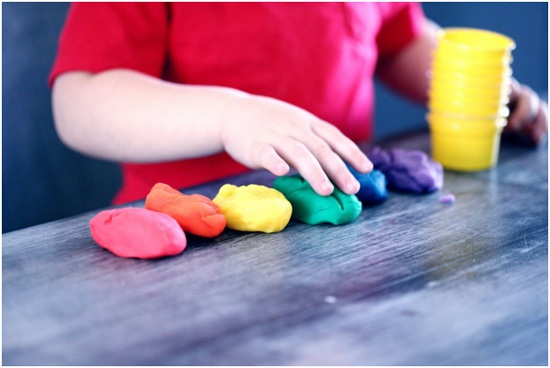Who’s your child’s favorite superhero? Outfit? Food? What are their pet peeves or fears? Parenting is a big job, and part of doing it well is keeping track of a child’s likes and dislikes, as it can give valuable insight into your kid’s personality and help you stay connected with them as they mature. With a child who is agreeable in most situations, it’ll be smooth sailing. But a child with strong preferences might push the limits of your patience.


Children’s likes and dislikes, along with hobbies and interests, naturally change or come and go as they get older. No two children are completely alike, and understanding their preferences will help you learn what makes them individuals and push them to make the right life choices. Here’s how.
Informed Parenting
With countless distractions and constant separations, parents these days feel less connected to their children. They are in search of ways to repair their relationships and reconnect with their kids. When your kids are away from you, they align themselves around other things like their teachers, friends, gadgets, etc.
Effective parenting is nearly impossible without striking a positive connection with your child. This connection can make a huge difference to a child growing up as you constantly stay aware of their needs and preferences.
Additionally, children grow up. They change both physically and through their desires and interests. For instance, a kid who used to love playing soccer might grow up to be a basketball player because that was their true calling.
Understand the phase of development your child is going through and their preferences at that stage. This will make it easier for you to connect with them on a meaningful and personal level.
Be The Cool Parent
Most kids find it hard to express their emotions and often go with the easiest thing to deal with problems — throwing tantrums. For instance, a preschooler throwing a temper tantrum when a sibling receives an award is jealousy.
So, most of the time, connecting with your kids and learning about their preferences becomes tricky when you don’t know what they are going through in the first place. Here are some tips to stay informed on what your kids like and don’t like to do.
Communicate
Although some children might deny they dislike something, most kids are willing to explain their lack of interest in an activity or item. So, consider having one-on-one conversations with your kids about things you have noticed they have an interest in or dislike. For instance, if you find your child turning her nose up at a particular food, ask them what’s going on in private.
Sometimes, your kid might even come and tell you that they don’t like something. In that case, ask them the reason behind their dislike, so you can put it to use when helping your kid make decisions in life.
Observe
Be observant of what your kids do in their free time or what they ask permission to do regularly. This can offer valuable insights into where their preferences lie.
Additionally, you might want to play up your curious children’s desire to explore by allowing them to make their own discoveries.
Never direct your child on what to do, and let them take the lead.
Perhaps, give them various toys, play-things, and other objects so they can show you what they like and dislike. Keep introducing new things to your children over time to constantly stay in the know of their changing preferences.
Listen
Always pay attention to what your children tell you when they mention their likes and dislikes in a discussion or in a relevant situation when they are referring to their preferences. You might also want to ask your kids specific questions when they mention and listen to their answers carefully. To learn more about what makes them like or dislike a specific object or activity.
For instance, if a child refuses to participate in a certain activity, eat a specific type of food, or tend to take off clothing they don’t like wearing, like kids glasses that are necessary for their eye health or jackets necessary on cold days, you might want to ask them why they feel so and get to the bottom of it to overcome impractical behaviors that aren’t best for them.
Acknowledge Your Child’s Preferences
If you are ready to put in enough effort and time to guide your child, they will learn to be more open to you about their preferences and likes. By being aware of your children’s likes and dislikes, you can strengthen your relationship and understand them better. Next time you hear your kid say, “I don’t like it!” don’t take it personally. Instead, put your Sherlock Holmes hat on and figure out the mystery as to why and how it can bring you closer as family.















